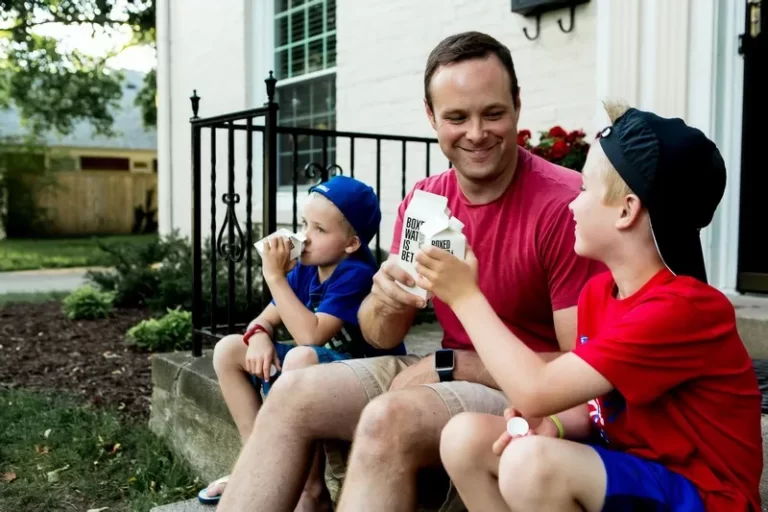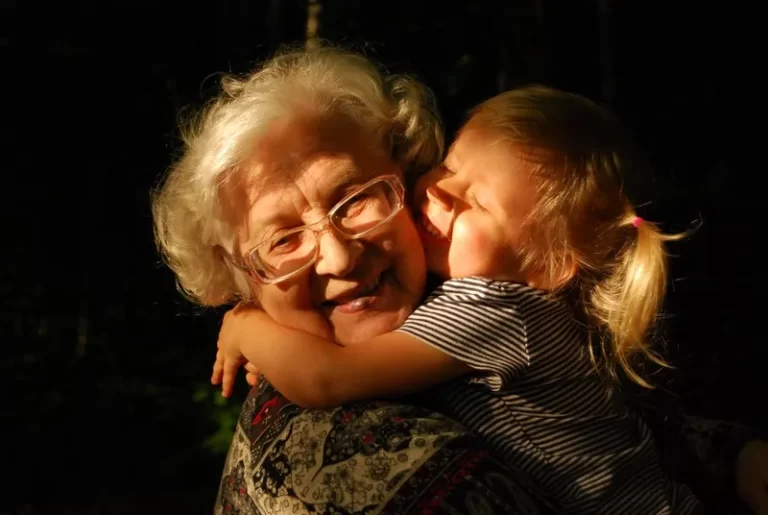Table of Contents
- The Traditional Functions of Families
- Are Traditional Family Functions Still Relevant?
- Family Diversity and Shifting Functions
- Conclusion
The family has long been considered a cornerstone of society, fulfilling essential functions that ensure social stability, the reproduction of cultural values, and the emotional and economic support of individuals. However, in modern society, the relevance and functionality of traditional family roles have come under scrutiny. Changes such as increased divorce rates, the rise of diverse family forms, and the impact of globalization and technological advancements have led to debates about whether the family, as traditionally understood, continues to serve its historical purposes. This article critically evaluates the current state of families in modern society, examining whether traditional family functions remain relevant and exploring the implications of family diversity and shifting roles within contemporary family structures.
The Traditional Functions of Families
Traditionally, families have been seen as fulfilling several key functions that are essential to the well-being of both individuals and society as a whole. These functions include:
- Reproduction and Socialization: Families have historically been responsible for producing and raising children, ensuring the continuation of society through the socialization of the next generation. Socialization involves teaching children the norms, values, and behaviors necessary to function as members of society.
- Economic Support: The family has served as an economic unit, providing for the material needs of its members. In traditional societies, families were often self-sufficient, with all members contributing to the household economy. In modern societies, this function has shifted to earning income and managing household finances.
- Emotional Support and Care: Families provide emotional support and care for their members, offering a sense of belonging, security, and stability. This function is particularly important in helping individuals cope with the stresses and challenges of life.
- Regulation of Sexual Behavior: Traditionally, families have played a role in regulating sexual behavior, particularly through the institution of marriage. By providing a socially approved context for sexual relations and childbearing, families have helped maintain social order.
- Social Placement: Families have historically been responsible for determining an individual’s social status and class position, particularly through the inheritance of property and social capital.
These traditional functions have been central to the stability and continuity of society. However, as society has evolved, so too have the roles and functions of families, leading to debates about their continued relevance and effectiveness in modern contexts.
Are Traditional Family Functions Still Relevant?
The relevance of traditional family functions in modern society is a subject of ongoing debate among sociologists. Some argue that these functions remain essential, even as family forms have diversified. Others contend that the changing social, economic, and cultural landscape has rendered some traditional functions obsolete or less central to the family’s role.
Reproduction and Socialization
The function of reproduction remains relevant, as families continue to be the primary context in which children are born and raised. However, the way this function is fulfilled has changed significantly. The rise of single-parent families, same-sex families, and cohabiting couples challenges the traditional model of the nuclear family as the ideal environment for raising children. Despite these changes, families of all forms continue to play a crucial role in socializing children, although the content and methods of socialization may vary.
Moreover, the influence of other social institutions, such as schools, peer groups, and the media, has grown, leading to a more distributed process of socialization. While families remain important in shaping children’s early development, they now share this role with a broader range of influences. This raises questions about whether the family alone can be seen as the primary agent of socialization in modern society.
Economic Support
The economic function of families has also evolved. In traditional societies, families were often units of production, with all members contributing to the household economy. In modern societies, this function has shifted to earning income through paid employment. The rise of dual-income households reflects this change, as both parents often work to support the family financially.
However, economic pressures such as the rising cost of living, housing, and childcare have made it more challenging for families to fulfill this function effectively. Many families now rely on external support, such as social welfare programs, to meet their economic needs. Additionally, the increasing prevalence of precarious work and job insecurity has made it more difficult for families to provide stable economic support, particularly for those in lower-income brackets.
Emotional Support and Care
The function of providing emotional support and care remains highly relevant in modern society. Families continue to be the primary source of emotional sustenance for individuals, offering a sense of belonging and security. However, the ways in which this function is fulfilled have diversified. The rise of blended families, chosen families, and extended social networks reflects the growing importance of non-traditional family forms in providing emotional support.
Furthermore, the pressures of modern life, such as long working hours, job insecurity, and the demands of digital communication, have placed new strains on family relationships. These pressures can sometimes undermine the family’s ability to provide emotional support, leading to stress, conflict, and mental health challenges. Nevertheless, families remain a crucial source of care and comfort, even as the nature of this support evolves.
Regulation of Sexual Behavior
Get the full article AD FREE. Join now for full access to all premium articles.
View Plans & Subscribe Already a member? Log in.





